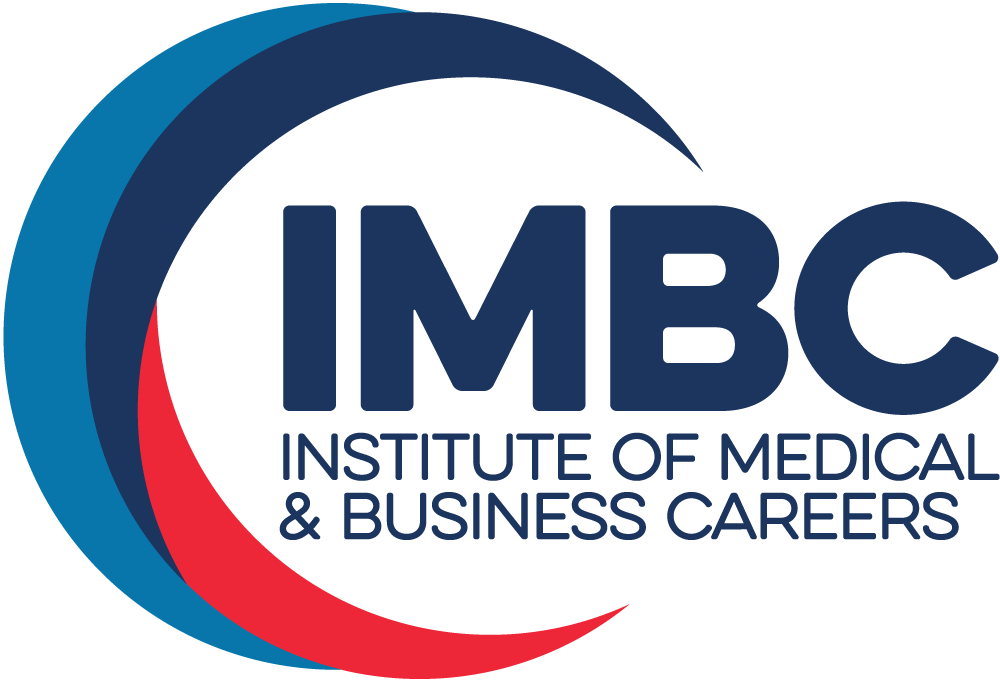Whether you are a recent high school graduate or an adult student looking to make a career change, there are many different educational paths that you can take. Of course, there is the ever-popular option of heading to a four-year school, but there are also some equally valuable alternatives to consider.

Trade school is a viable option for students of any age. Earning a trade education gives students the perfect opportunity to pursue their career goals by enabling them to learn the skills necessary to succeed in a specific field or trade. It is a fantastic option that should be explored by any individual looking to further their education. Here is everything you need to know about enrolling in a trade school and what these schools have to offer.
What is a Trade?
The 1998 Perkins Act defines a trade as any professional occupation that requires advanced or specialized training to earn skills through vocational education, rather than an advanced degree, such as a bachelor’s or master’s degree.
In short, a trade is a job that requires specialized skills that are not generally taught at a four-year college. A person typical must attend a trade school or enroll in a trade program that enables them to learn how to perform a specialized set of skills to become qualified for a trade career. For example, welders and veterinary technicians are two types of workers performing a trade.
Completing a trade program’s coursework enables students to earn a diploma, professional certification, or an associate degree, depending on the program and your goals. Keep in mind that, if you earn an associate degree through your trade program, you will likely take some general education courses like sociology and history.
The Benefits of Learning a Trade
Trade school has become an increasingly popular option for students across the U.S. since 2000, and the National Center for Education Statistics predicts that trade school enrollment will continue to rise through 2029.
This growth is despite the prevailing public attitude that suggests trade schools are somehow less “important” than traditional four-year colleges and universities, and it speaks the value of trade learning a trade. However, this is just nonsense, and public perception will eventually catch up and discover the true hidden benefits of learning a trade.

If you are considering trade school, it is important to understand the benefits that enrollment can offer you. Here are the top five benefits of learning a trade:
Gain Hands-On Experience
Enrolling in a trade school enables you to engage in coursework directly related to the career you are interested in learning. You will be gaining firsthand experience in your chosen field and gaining hands-on experience, not spending all your time sitting in a classroom listening to a lecture. Trade school provides students with all the skills and tools they need to succeed in their chosen field.
Earn Your Certification Faster
Learning is a great way to maximize your time, as it typically takes less time to learn a trade than to complete a four-year degree. Generally, a diploma is earned in about a year, an associate degree is earned in about 1.5 to two years, and professional certification is earned even faster, on average.
Often, the only thing standing between you and the career of your dreams is time, so it is important to make the most of it. Earning a trade degree enables you to minimize the barrier of time. It can also give you a leg up on your peers, as you will have the opportunity to enter the workforce as much as two years before they do. That translates to two years of income as a professional in your field.

Positive Employment Prospects
There is no certainty when it comes to the job market. That said, the data regarding trades is fairly clear. Choosing to pursue a trade career puts you in a great position to land a job after graduation because many of these jobs are projected to experience growth in the coming years.
For example, the following trade jobs are growing at or above the average rate: plumbing, electrician, construction laborers, welders, and medical assistants. In addition to a high job growth rate, there are plenty of open trade positions available for skilled trade workers with fewer individuals pursuing this route than available roles to fill.
Learn Transferable Skills
With a trade certification or diploma, you can practice your trade in almost any location. While you may have to recertify upon moving if your state requires special licensure (usually just reserved for healthcare trades), these are skills that can give you the freedom to settle in a location of your choice. Learning a trade gives you skills that you can take with you as you grow and move through life.
Form Valuable Connections within Your Field
While you are attending trade school, you have the unique opportunity to form meaningful and valuable connections with your peers and instructors before they disperse into your field of study. This can be incredibly useful, as you will generally share the same goals and qualifications upon graduation. Getting a job in the industry can be much easier when you have multiple connections who are willing to share information and resources about any relevant openings.
What to Look for in a Trade School
Choosing the right trade school can be difficult, as there are many options available. Not to mention, your needs as a student will have a significant influence on the qualities you are looking for in a school. That said, if you have decided to pursue a trade education (congrats!), you will need a solid strategy when it comes to choosing the right school. Here are some tips to help you get started.
- Research the Program: Do your research to determine the length of your program, how flexible it is, and what kind of coursework you will be expected to complete.
- Reach Out to Instructors and Graduates: It might not always be possible to get in touch with graduates of a program, but you will likely be able to talk to an instructor or administrator. They can give you firsthand information about your chosen program, answer your questions, and address your concerns.
- Degree, Diploma, or Certification? Understanding the difference between an associate degree, a diploma, and a professional certification can help you choose a program that offers the credentials you seek.

Learn Your Trade at IMBC
Enrolling in trade school is just the start for what is sure to be an exciting and fulfilling career as a skilled tradesperson. Choosing the right trade school to start your journey is the best way to ensure your success later on. That is why IMBC should be among your top options.
IMBC has a lot to offer a prospective student, including various programs from welding to business administration, and veterinary technology to medical records technology, and many more in between. Students can earn a diploma or an associate degree through IMBC in-person or online. Moreover, IMBC supports students earning their licensure or professional certifications and even covers the cost of qualifying examinations.
There is a lot more waiting for you at IMBC. If you are interested in learning more, get in touch today.
